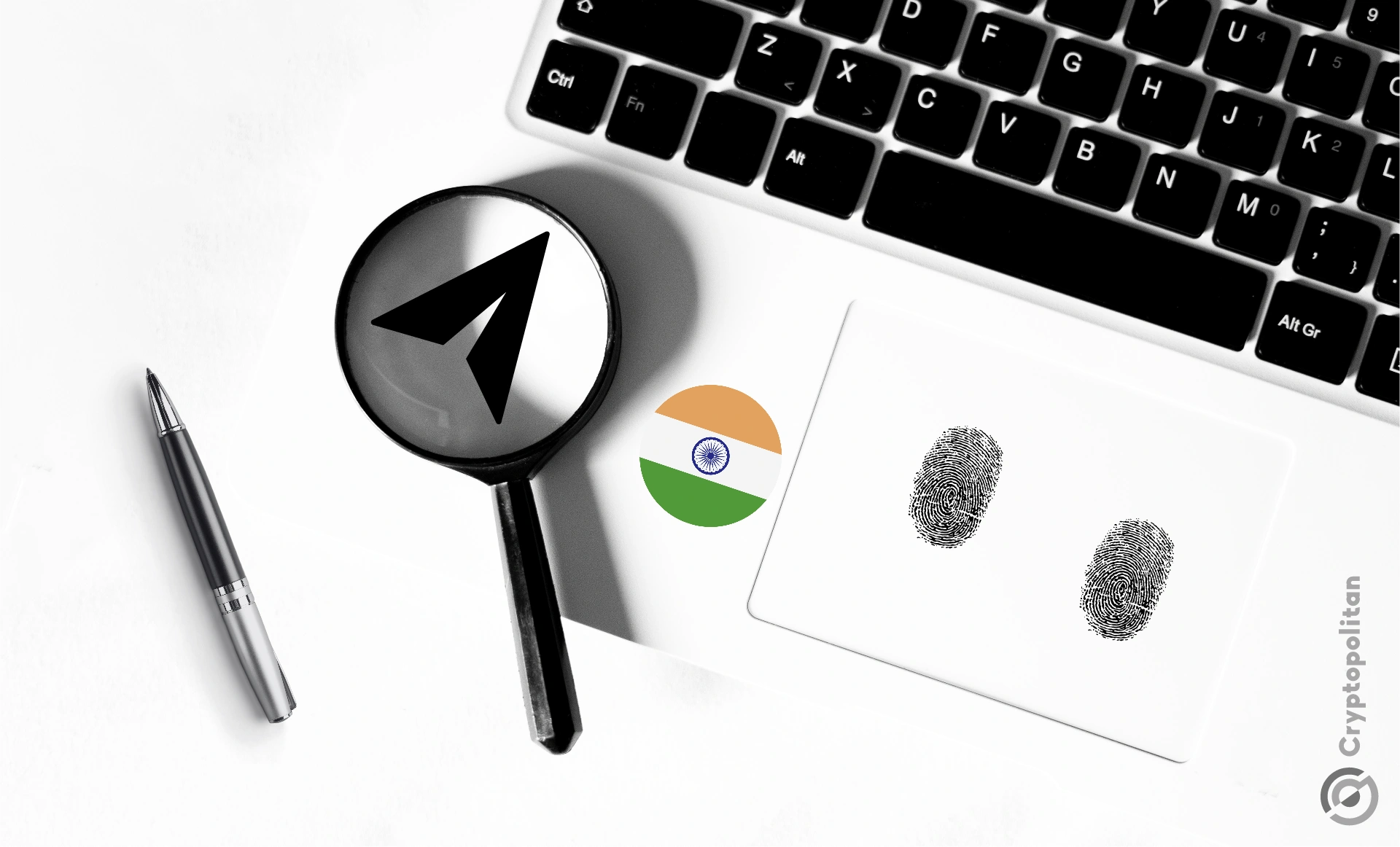India is coming down hard on Telegram after the recent arrest of its CEO, Pavel Durov, in France. The Indian government is digging into claims that Telegram has become a hotbed for illegal activities like extortion and gambling.
With the app’s reputation on the line, the Ministry of Home Affairs is looking into whether this platform is doing more harm than good on Indian soil.
The Indian Cybercrime Coordination Centre (I4C) has teamed up with the Ministry of Electronics and Information Technology (MeitY) to conduct a thorough probe into Telegram’s operations.
Sources say that the investigation kicked off because Telegram’s peer-to-peer features make it easy for criminals to operate under the radar. Depending on what they find, India might even consider banning Telegram altogether.
Pavel was arrested by French authorities on August 24 at Paris-Le Bourget Airport, fresh off a flight from Azerbaijan. The arrest comes with heavy accusations.
French officials say Pavel hasn’t done enough to moderate content on his platform, letting all sorts of shady activities slide—think money laundering and drug trafficking.
After Pavel’s arrest, India’s IT Ministry quickly called for a status update from the Ministry of Home Affairs on any ongoing investigations against Telegram. They want to know if Telegram’s been breaking any laws in India and, if so, how bad it is.
While the IT Ministry isn’t the one doing the investigating—that’s up to the cybercrime folks—they’re still keen to get the scoop on any violations. An anonymous senior official told us that:
“We are monitoring the situation closely. We need to understand if there’s a pattern of negligence here.”
One big issue India’s dealing with is Telegram’s lack of a local office. This isn’t making things easy for the government. Without a physical presence, India can’t easily enforce its regulations or grab user data when needed for investigations.
Sure, Telegram says they’re following India’s Information Technology Rules—appointing compliance officers, doing the required reporting, the whole shebang. But with no one on the ground in India, getting real accountability is proving to be a major headache.





